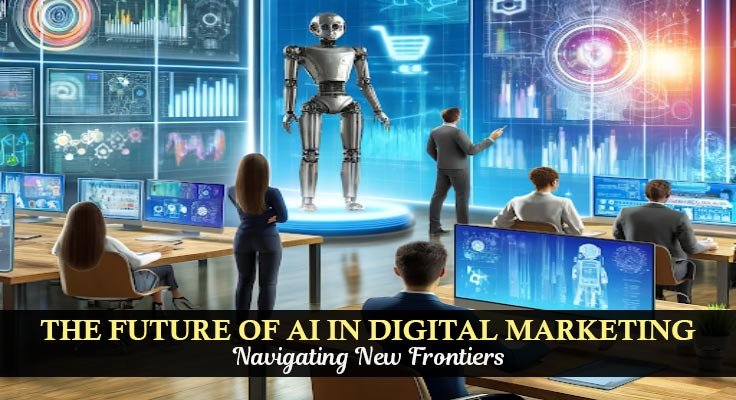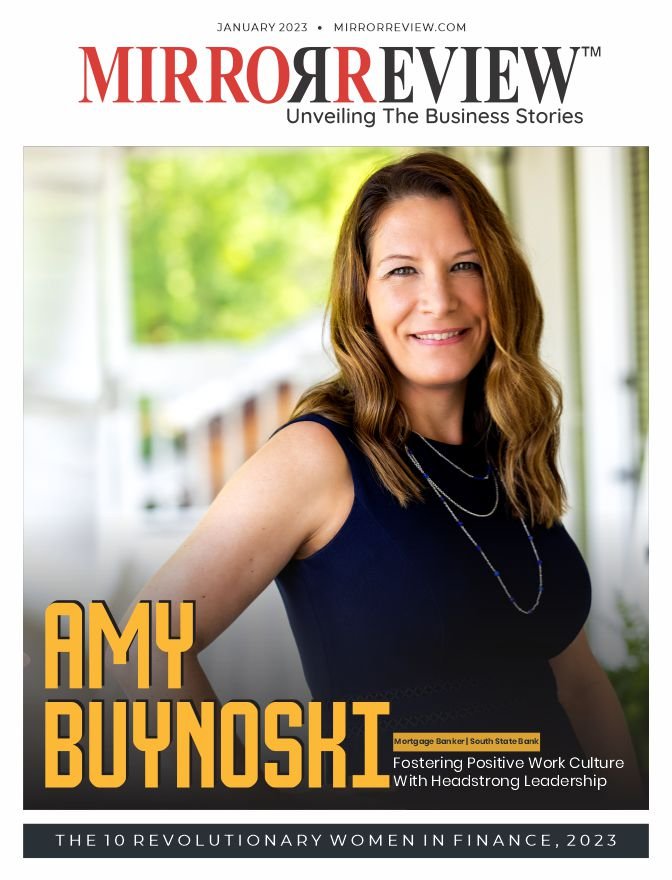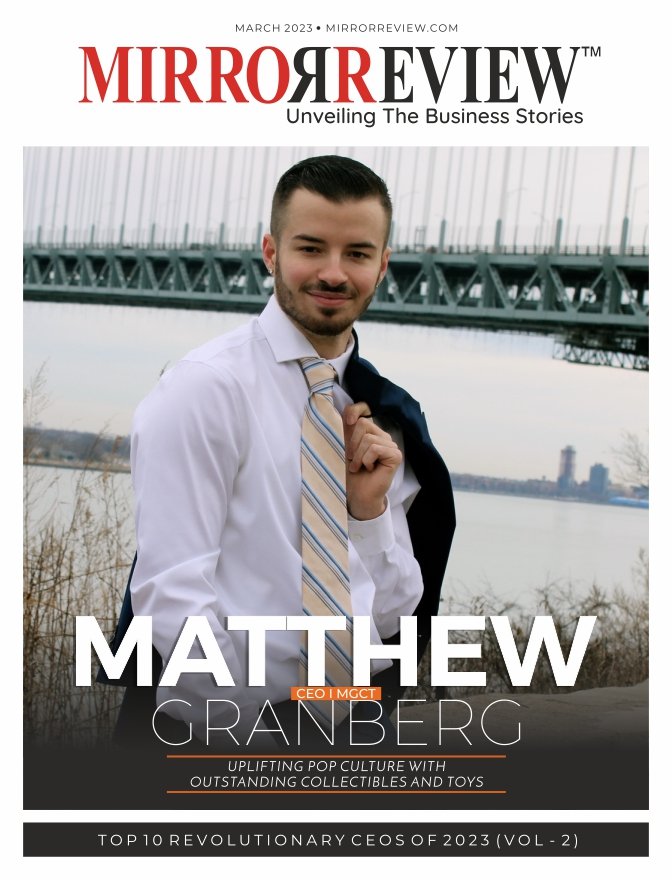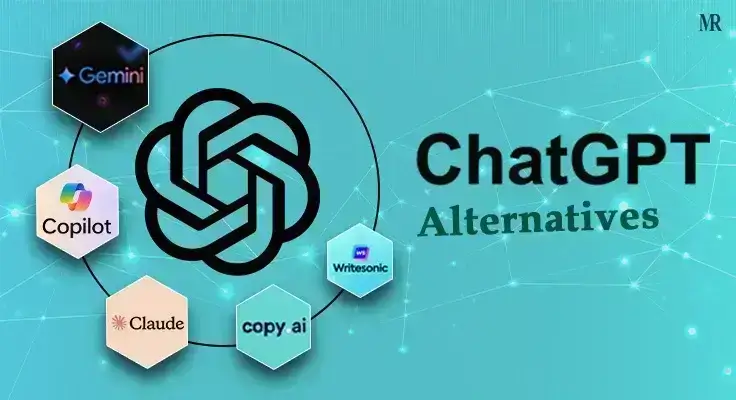Emerging AI tools, many of which are still in their beta phases, are not just shaping the future; they’re redefining how we are to plan and deliver digital marketing strategies. While perfection is a journey, the potential of AI in digital marketing is both immense and transformative.
In this article, we will explore some of these groundbreaking AI tools that promise to propel the future of digital marketing, in terms of written content, images and videos.
Each tool brings its unique strengths to the table, offering solutions to longstanding challenges whilst also opening up new opportunities for engagement, analysis, and creativity.
It’s important to note that unlocking the potential of AI in digital marketing is not just about embracing new technology; it’s about understanding its impact, harnessing its potential, and integrating it responsibly into our digital strategies.
Join us as we explore these exciting new tools and the prospects they hold for the future of digital marketing.
AI Written Content is Good, But On Its Own – Not Great
The emergence of AI-written material has sparked both interest and scepticism.
Neil Patel, a prominent figure at UberSuggest, points out a significant statistic: human-written content still outranks AI-generated content 94% of the time. This data underscores a crucial aspect of content creation – the unique value of the human touch.
AI written content in its current state, tends to regurgitate existing information. While this can be useful for initial planning phases, it lacks the nuance and fresh perspective that human writers bring to the table. As a result, content that is purely AI-written often fails to attract significant traffic, as it doesn’t offer anything new or engaging to the audience.
However, this isn’t to say that AI in digital marketing doesn’t have a place in the content creation process. On the contrary, AI can be a powerful tool when used to supplement human creativity. It can serve as an assistant that helps with brainstorming ideas or drafting outlines. This approach can be incredibly beneficial as it frees up human writers to focus on what they do best – adding voice, style, and depth to the content.
The key takeaway is the importance of a symbiotic relationship between AI and human input in content creation. Relying solely on AI-written content without any human post-editing process can lead to the lacklustre performance of a website in terms of engagement and ranking.
It’s essential to leverage the strengths of AI in digital marketing whilst recognising and incorporating the irreplaceable elements that human creativity brings to the table.
AI Images Will Be Used In Marketing Materials
The world of AI-generated imagery is evolving at a rapid pace, and it’s a great asset for those who don’t have graphic designers on hand to bring their visions to life.
Latest developments from companies such as Mid Journey are making it easier for brands to create consistent content for marketing materials. For example, the introduction of the ‘Character Reference’ feature allows users to maintain visual consistency across their projects by using a link from an AI-generated image to create additional images featuring the same character. It’s a step towards more personalised and cohesive visual storytelling.
However, as we celebrate these technological strides, it’s crucial to address the important aspect of fair use of images when using AI in digital marketing. The concept of fair use is pivotal, especially when dealing with AI images that might be based on or resemble existing copyrighted materials.
Users must be cautious and aware of the legal and ethical implications of using AI to replicate or modify images that could potentially infringe on someone else’s intellectual property rights. This awareness is essential to ensure that the use of AI in creating and distributing images is both responsible and respectful of creative ownership.
AI-Generated Videos Will Soon Become Readily Available for Marketers
Recent announcements like that of Sora and PIKA, are making the possibility of AI-generated video content a reality.
Sora is an AI model recently announced by ChatGPT founders – OpenAI. It will have the capacity to generate realistic and imaginative video clips from text descriptions. This advancement opens up a realm of possibilities for marketers, allowing them to quickly bring their visions to life.
As of now, there’s no official release date for Sora, but it does represent a significant shift in the capabilities of AI, transitioning from static images to dynamic, engaging video content – which ultimately allows marketers to create unique content that aligns with their marketing goals.
PIKA is another AI video editing tool, which is particularly used in the realm of animation and virtual character design. PIKA is able to synchronise lip movements with animated characters, ensuring that their mouth movements precisely match spoken words or audio tracks.
This synchronisation enhances the viewer’s experience, as the characters appear to be speaking naturally. The sophisticated algorithms behind PIKA analyse audio inputs and break down speech into phonetic components, which are then accurately mapped onto the character’s mouth movements.
Manually this would take hours to achieve but PIKA’s user-friendly interface enables even those without extensive animation experience to create talking animations. This accessibility opens up new avenues for marketers to create personalised and engaging animated content, tailored to their specific campaigns.
The fusion of AI’s efficiency with visual storytelling opens up a new frontier of AI in digital marketing, where the limits are bound only by imagination. As these technologies continue to develop and become more accessible, they are set to become integral components in digital marketing strategies, reshaping the way brands interact and engage with their audience.
AI in Digital Marketing Will Allow SMEs and Marketers the Ability to Innovate
As AI in digital marketing continues to evolve and become more accessible, it promises to become an invaluable asset in the marketer’s toolkit. They not only enable SMEs and marketers to innovate but also reshape the way brands interact with and engage their audiences.
The future of AI in digital marketing is not just about harnessing new technology; it’s about leveraging these tools responsibly and creatively to deliver impactful and authentic marketing experiences. The horizon of digital marketing is expanding, and AI is at the forefront, guiding us into new frontiers of innovation and effectiveness.
Also Read: 10 Best AI Chatbots of 2023












